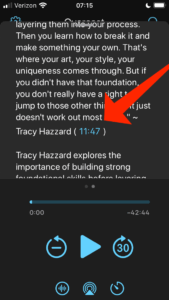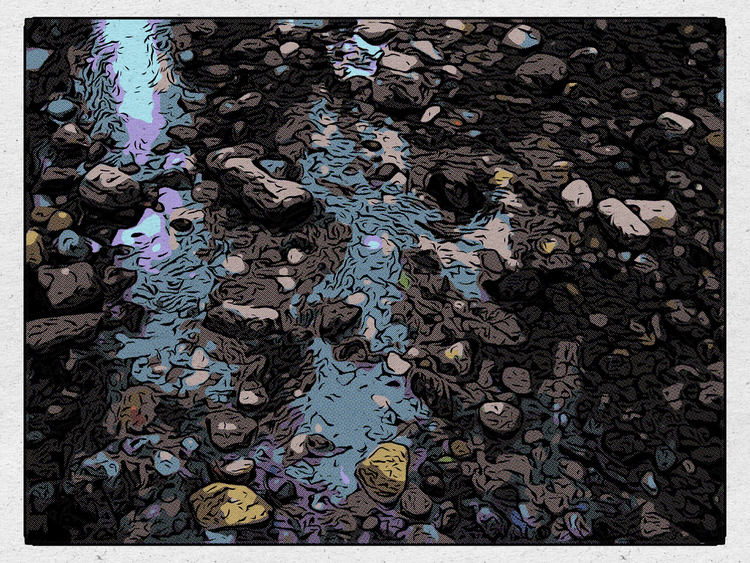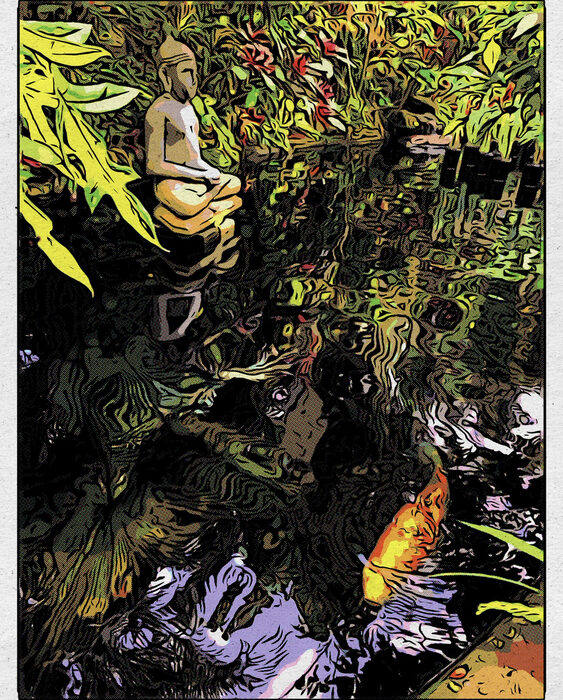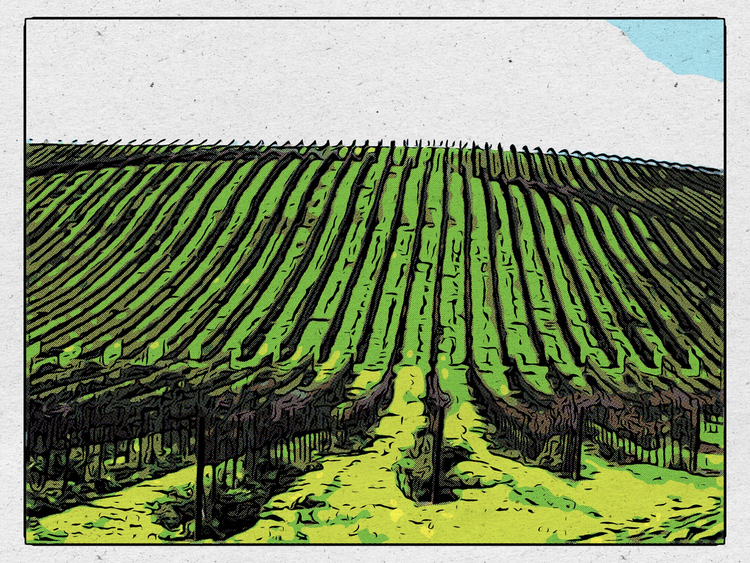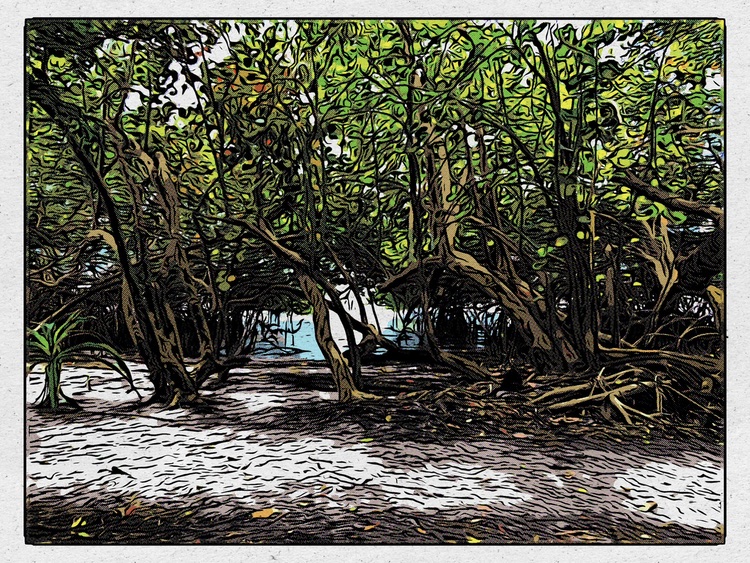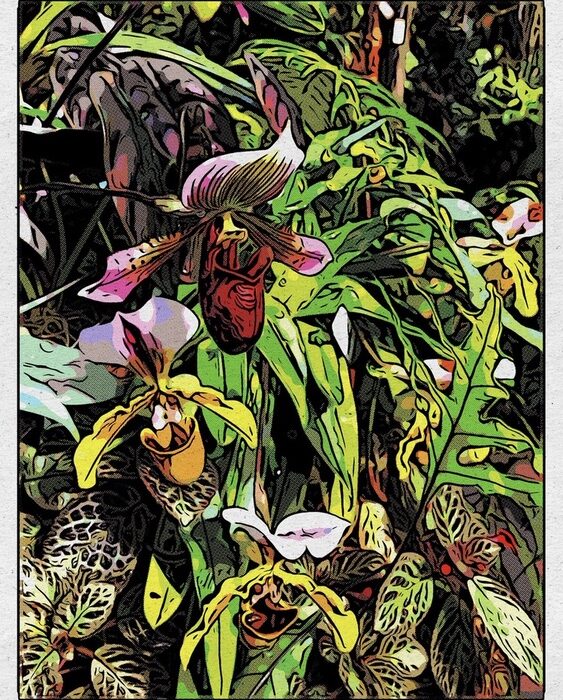You didn’t plan for a hiatus—it just kind of happened. Stepping away from the routine of podcasting, has it changed the way you see the relentless pace of content creation? Do you feel more or less pressure to keep up with a schedule now? Has this break made you rethink what “consistency” really means for a podcaster?
~ Asked by the LLM(1)
Yes, it definitely changed how I look at everything about podcasting. I’ll unpack the reason for the hiatus, so that my take-aways make more sense.
First, in April 2024 we had an unexpected death in the family. Given the scale of things, it was a no-brainer to cancel the several guests who were scheduled for recording sessions. Unfortunately, I over-worked myself for a stretch of days, and that led to my being exhausted and getting sick. In those first days, as I sent “I’m really sorry, but…” messages to the guests, I was thinking about this in a very particular way: This is the right thing to do for these people who kindly set aside time for me.
The first take away from this experience is to be honest and realistic with myself. An unexpected death changed my daily priorities. I’m sick and my voice is crap. I need many weeks to recover, assess, and figure out what I can do in the coming months. In the past, I might have tried to work harder to try to keep juggling everything.
Then in May, a routine blood test returned results which one would prefer to never see. Through June and July, and then into August and September, I worked through a cancer diagnosis. This further “adjusted” my priorities and schedule for the rest of 2024.
The second take away is just having a conversation with anyone is a crazy-awesome gift. And (as I’m getting back to podcasting now, in Feb 2025) to be able to record and share them is just icing on the cake.
As for the grind, consistency, a schedule? No, not any of that. I hope I can hold on to this mindset:
I’m insanely lucky to get to do just one more episode, and it looks like I can do them for years to come. Grinding, being consistent, and sticking to a schedule are all forms of striving for something. (I am a professional even without any of those.) So, nope. No, thank you. I’m not signing up for that mindset again.
ɕ
(1) I’m working with an LLM instance which has access to everything I’ve written about podcasting, and all the episodes I’ve published. It prompts me by asking me these questions.
